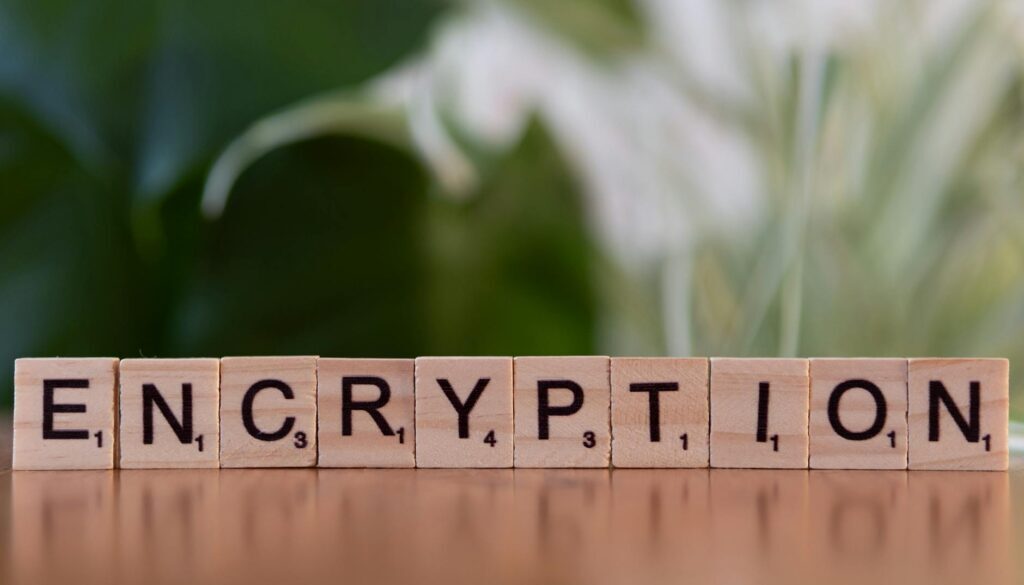Encrypt Everything: Protect What Matters
Encryption is one of the most effective safeguards against data theft or loss. Whether data is stored (at rest), moving (in transit), or being processed, encryption ensures it stays unreadable to attackers. For SMBs, encryption is not just technical, it protects customer trust, supports compliance, and underpins business continuity. If data’s worth keeping, it’s worth locking down.
Best Practices for Encryption:
Encrypt Data at Rest
Use full-disk encryption (e.g., BitLocker, FileVault).
Encrypt servers, databases, and backups.
Enforce encryption on portable devices (laptops, USBs).
Encrypt Data in Transit
Always use HTTPS/TLS for websites and services.
Secure email with TLS or encrypted email gateways.
Apply VPNs or secure tunnels for remote workers.
Encrypt Data in Use
Use application-level encryption for sensitive data fields (e.g., card details, health info).
Explore technologies like homomorphic encryption or secure enclaves where available.
Choose Strong Algorithms & Trusted Libraries
Use AES-256 or equivalent standards.
Stick to well-vetted libraries, avoid “DIY” cryptography.
Follow vendor or industry recommendations for key lengths and algorithms.
Manage Keys Securely
Store keys in secure hardware (HSMs) or managed services.
Rotate keys regularly and revoke compromised ones quickly.
Enforce separation of duties between those who manage data and those who manage keys.
Embed Encryption Into Policies
Make encryption mandatory in your data handling procedures.
Train staff on safe storage and sharing of encrypted data.
Document compliance requirements (e.g., GDPR, PCI DSS).
Test and Validate Regularly
Remember: Encryption is like locking your vault. Even if someone breaks in, all they see is useless noise.



